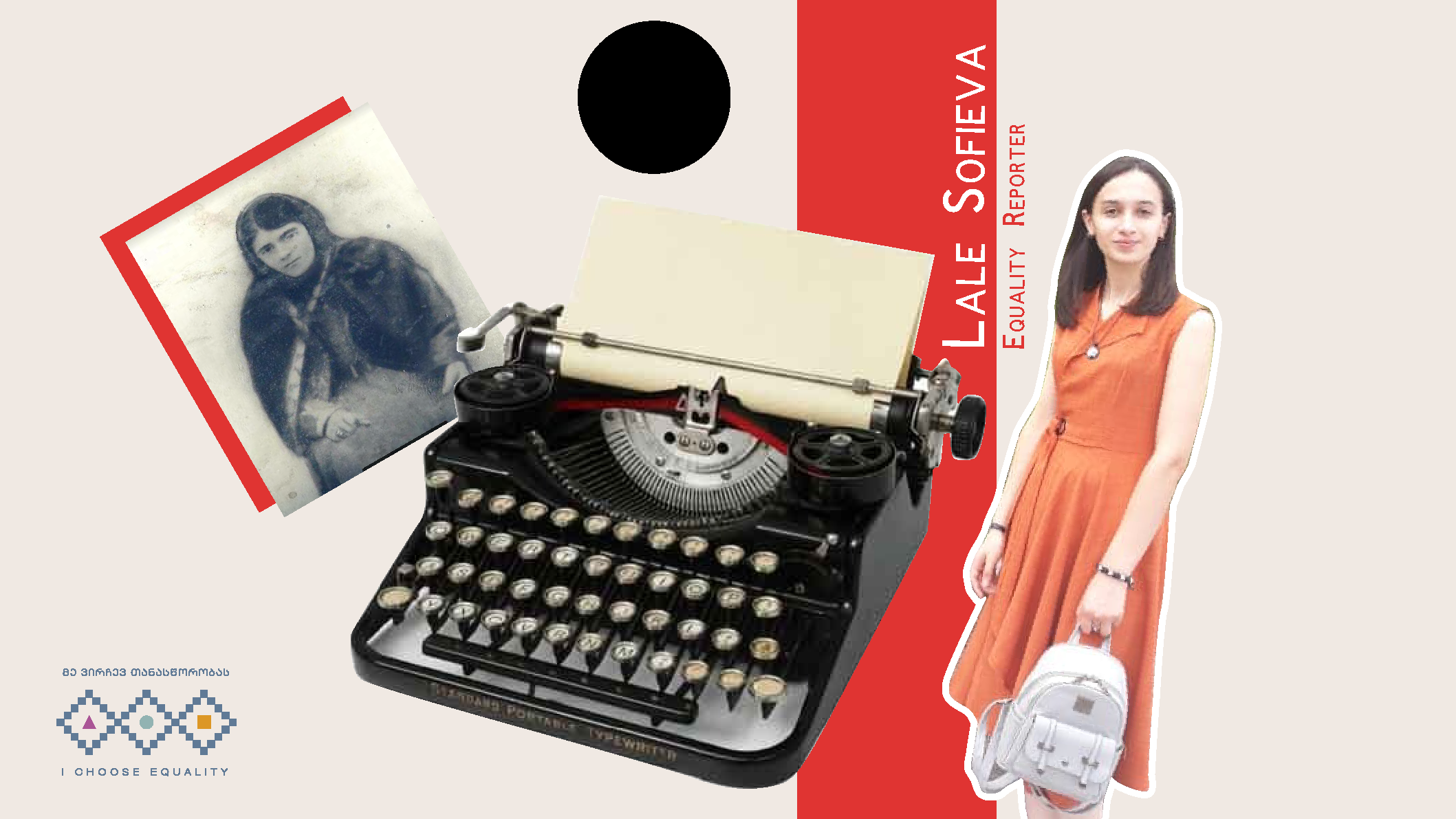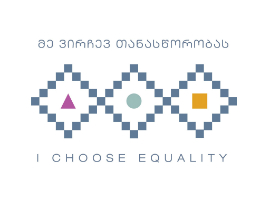Human equality is a problem that remains unresolved worldwide. In the 21st century, certain groups of people still have to fight for their rights. Despite the efforts made for raising awareness, different types of discrimination continue to exist.
Centuries ago human rights and especially women’s rights were grossly violated. Some examples include: human slavery, taking away all kinds of opportunities from women and their oppression. Pages of history are filled with such stories. This concerns not only gender equality but also, for example, torture of people of colour because of colour of their skin; misconceptions of high society about lower class were present and felt everywhere.
Years went by, generations changed and people started paying more attention to equality. New generations encouraged development of new ideas. Each new way of thinking, new individual is a hope for a better tomorrow. Educated and intelligent society was fighting against these problems and made sure that future generations were brought up with these ideas.
I’d like to introduce you to Pari Khanum Sofieva, world’s first democratically elected Muslim woman, who has amazed the world with her exemplary stories, some of which are still a mistery. Hundred years later, she continues to be a role model. Pari Khanum Sofieva is my great grandmother. She was born in 1884, in v.Karajala of Gardabani Municipality. She was the second child in a family with many children. Her parents died early and she had many duties since she was a child. She became the breadwinner in the family. Pari Khanum was going to have a very difficult life.
After some time, her reputation grew in the village. She served as the village advisor and resolved difficult disputes. Even though this went against the image of a Muslim woman at that time, people respected her and trusted her. This was completely unimaginable for the society back then.
Later Pari Khanum integrated herself in the city. She learned Georgian and met a lot of people, who enabled her to help her fellow-villagers. She had met doctors in the city, so she was able to take people not only from her village but from the entire region to the city to receive treatment.
In 1918, first republic was in the process of formation in Georgia. Certainly, they needed to hold elections for that. When women in many developed countries did not have the right to vote, Pari Khanum participated in the elections as an independent candidate from Karaiazi (Gardabani) District. At that time, she was only 34 years old. Following the elections, Pari Khanum became fifth representative (Khmosani) from Karaiazi District in Eroba - Self-Government of Tbilisi Uyezd. Her reputation was the main reason behind her victory. After that, Pari Khanum began to fight actively for human rights, gender equality and people’s integration. She had an apartment in Tbilisi. She took several girls from the village to the city for education. After they completed their studies, they returned to the village and began working as school teachers. Pari Khanum was especially active in protecting women’s rights. She prioritized women’s interests. She was especially concerned with inequality, oppression of women and she spared no effort to change public attitudes, to tell people that everyone is free, irrespective of religion, skin colour and ethnicity. I heard this from my grandfather. He always speaks about Pari Khanum with pride. When I was little, I didn’t quite understand these issues, however now that I analyse everything, I am very surprised.
Unfortunately, Pari Khanum had a very difficult life. Her five brothers were executed during the Soviet Union. This fact affected her greatly. She was always against the Soviet rule and criticized the totalitarian regime.
After her brothers were executed, Pari Khanum started taking care of her orphaned nephews and nieces. She herself never got married.
Pari Khanum’s younger brother was sentenced to execution by Moscow Court, however Pari Khanum was able to negotiate and delay the execution. Village elders remember her as a very strong and influential woman, who was able to save her brother from death.
She often made speeches in the village and was trying to raise public awareness. According to village elders, Pari Khanum was a strong person but she went through a lot. Unfortunately, she could no longer bear the pain and she died in 1953 as a result of heart attack. This was a huge blow for the village locals because she was their hope. Pari Khanum’s memory still lives in the village and her ancestors are trying to honour it.
Unfortunately, in the village where Pari Khanum Sofieva was fighting for justice and equality as early as a century ago, today, in the 21st century, women’s rights continue to be grossly violated. Majority of the community are not fully integrated with the Georgian society. Many families prevent their children (girls) from pursuing education and force them to start a family. Unfortunately, the law adopted by the state is insufficient to address the problem. More work needs to be done by individuals as well as by different state entities, in order for each citizen irrespective of his or her ethnicity to consider themselves a fully-fledged citizens of this country.
The Equality Reporter competition was organised by the Council of Europe Office in Georgia together with the Government’s Administration of Georgia in the framework of the “I Choose Equality” campaign run by the co-operation project “Fight against Discrimination, Hate Crimes and Hate Speech in Georgia”. The project is implemented under the Council of Europe’s Action Plan for Georgia 2020-2023 with the support of the Danish Neighbourhood Programme in Georgia (DANEP).





